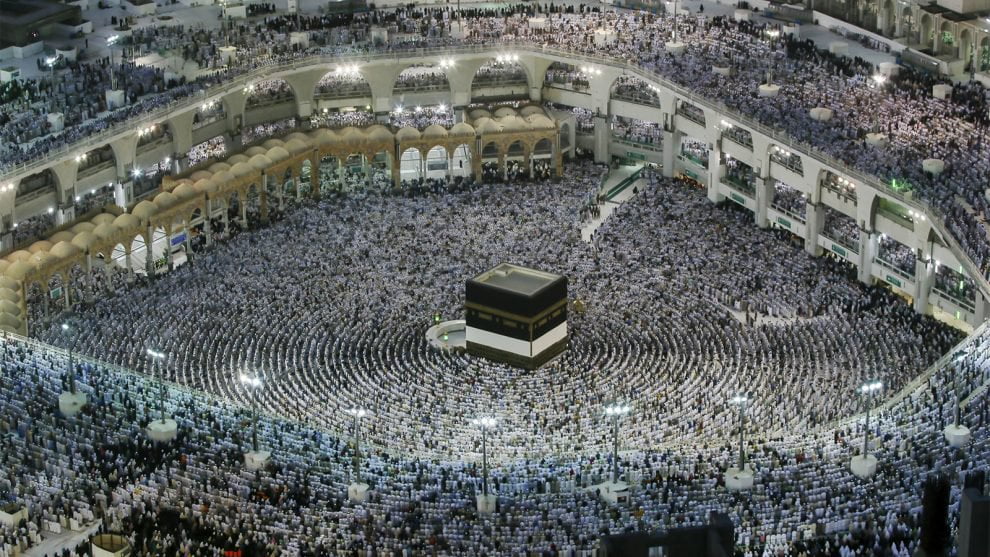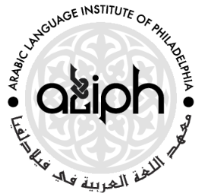How to perform Al Hajj
Chapter 1 Who Must Perform Pilgrimage (Hajj)
Performing Hajj and ^Umrah once in a lifetime is obligatory upon the Muslim who is free, accountable, and can afford to reach Makkah and return to his homeplace. This includes that one has in excess of his debts, appropriate lodging and clothing, and what he is obligated to spend on those whom he must support from his departure until his return.
Chapter 2 Integrals of Pilgrimage (Rukns of Hajj)
The integrals of Hajj are:
1. To have the intention to be in a state of pilgrimage (Ihram), i.e., to say in one’s heart: “I now enter into the actions of Hajj” or the like;
2. To be at ^Arafah sometime between the start of Dhuhr on the 9th of Dhul-Hijjah and the dawn (fajr) of the following day.
3. To circumambulate the Ka^bah (tawaf);
4. To walk between the mounts of as-Safa and al-Marwah seven times from one border line to the other;
5. Cutting the hair by shaving or trimming (halq or taqsir);
6. The order in most of the integrals.
All of these are integrals of ^Umrah except to be at ^Arafah. These integrals have requisites (wajibs) and conditions that must be observed.
Among the conditions of tawaf is to circumambulate the Ka^bah seven times starting at the Black Stone and back to it while keeping one’s left shoulder towards the Ka^bah without facing or turning one’s back to it; to cover the unlawful nakedness (^awrah); and to be pure.
Chapter 3 What is Unlawful During Hajj
It is unlawful for the one who has intended to enter into the actions of pilgrimage (Hajj or ^Umrah):
1. To wear perfumes;
2. To anoint the head or beard with oil, melted grease, or melted honey wax;
3. To remove fingernails, toenails, and hair;
4. To perform sexual intercourse or its inviting actions;
5. To conduct marriage and if done, the marriage is invalid;
6. To hunt any Islamically edible wild animal;
7. In the case of a man: to cover the head or wear clothes that are sewn, felted, or the like, to surround the body ;
8. In the case of a woman: to cover the face and to wear gloves.
The one who does any of these unlawful matters has sinned. An expiation (fidyah) is obligatory for committing these matters with the exception of conducting marriage and looking lustfully. In the case of sexual intercourse; one’s Hajj is invalidated, but one is obligated to complete this invalidated Hajj and re-perform it immediately, i.e., the one who invalidates one’s Hajj by performing sexual intercourse continues with the Hajj, does not interrupt it, then makes it up in the coming year if he is able.
Chapter 4 Requisites of Pilgrimage (Wajibs of Hajj)
It is a requisite for the one who has intended to enter into the actions of pilgrimage (Hajj or ^Umrah):
1. To have the intention of ihram before crossing the site prescribed for it (miqat). The miqat is the place the Messenger of Allah specified as the starting site of the intention of ihram such as the land called Dhul-Hulayfah for the people of al-Madinah and those who take the same route to Makkah;
2. To stay at night in Muzdalifah and Mina during Hajj. This is according to a saying of ash-Shafi^iyy. However, it is not a requisite according to another saying of ash-Shafi^iyy;
3. To throw pebbles at the station of Jamrat-ul-^Aqabah on the day of the Feast of Adha (^Id-ul-‘Adha);
4. To throw pebbles at the three stations of jamrahs during the days of Tashriq;
5. To perform the farewell circumambulation before leaving Makkah (tawaf-ul-wada^) according to a saying in the school (madhhab) of ash-Shafi^iyy.
The one who does not fulfill these six matters does not invalidate one’s Hajj, although one is sinful and must perform an expiation (fidyah). This is different from the one who does not perform an integral, because if one leaves out an integral of Hajj then one’s Hajj is not valid and slaughtering an animal will not compensate for it.
It is unlawful for one whether or not he is in a state of ihram to hunt the animals of Makkah and al-Madinah, or to cut or pick their plants. If this was done in Makkah, then the obligation of performing the expiation (fidyah) is added. There is no expiation (fidyah) due for hunting the animals or cutting the plants in al-Madinah, i.e., the area between Mount ^Ayr and Mount Thawr.




